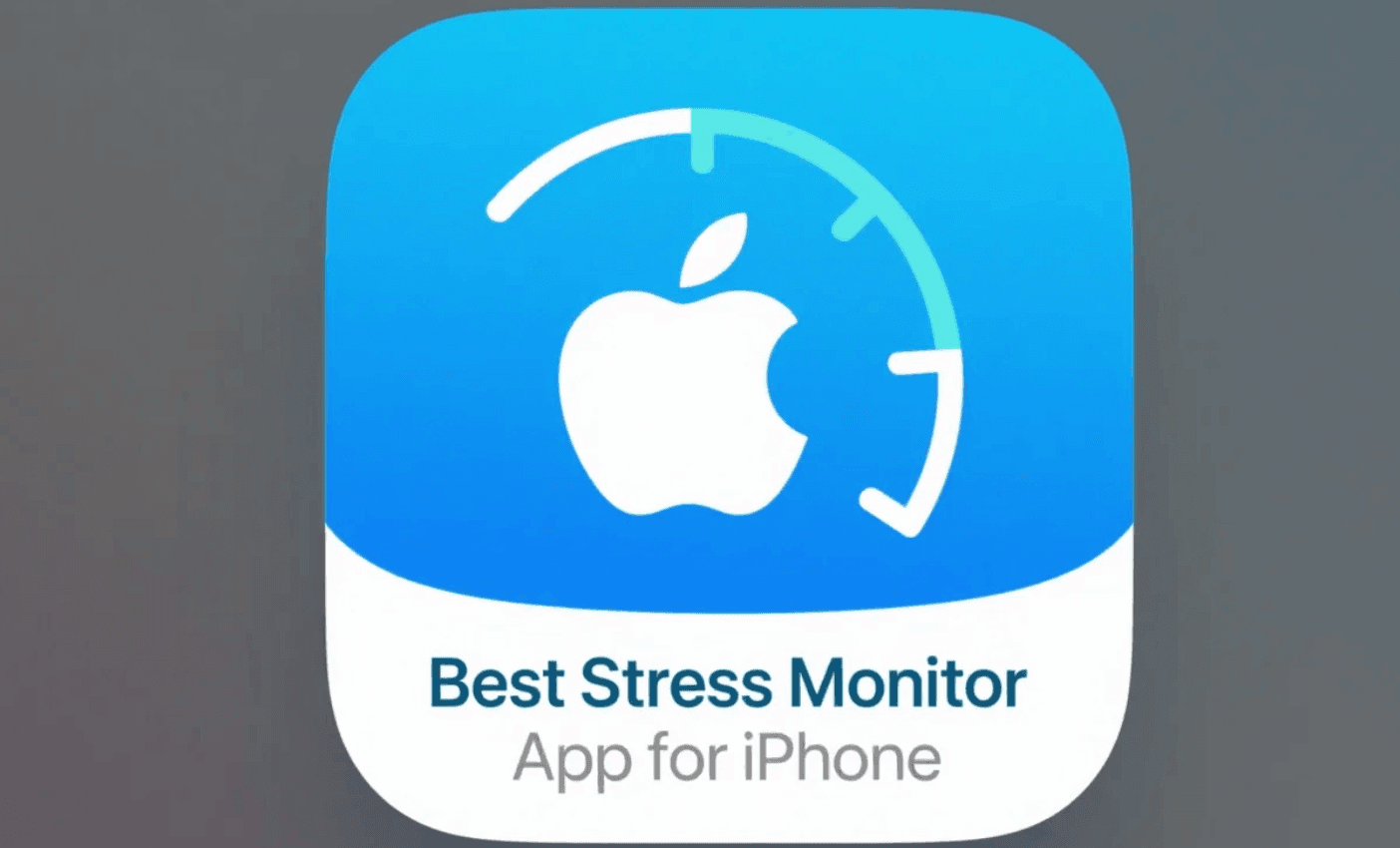How Much Can Stress Raise Blood Sugar?
Can Stress Really Spike Your Blood Sugar?
Stress is an unavoidable part of life. Whether it’s work deadlines, relationship issues, or physical illness, we all face some form of stress every day. But many people don’t realize that stress doesn’t just affect your mental well-being—it can also have a direct and measurable impact on your blood sugar levels.
So, how much can stress raise blood sugar? In this article, we’ll explore the physiological connection between stress and glucose, review scientific studies, quantify the rise in mg/dL, and offer solutions for managing stress-induced blood sugar spikes. We’ll also introduce the BodyWave app as a tool to monitor stress and its metabolic consequences in real-time.
Understanding the Stress Response and Blood Sugar
When you encounter stress—whether physical or psychological—your body activates a complex system known as the hypothalamic-pituitary-adrenal (HPA) axis. This system releases stress hormones such as:
- Cortisol: the “primary” stress hormone
- Adrenaline (epinephrine): increases heart rate and prepares the body for action
- Glucagon: helps release stored glucose
These hormones stimulate your liver to release more glucose into the bloodstream, so your muscles and brain have energy to face a perceived threat. This is known as the “fight or flight” response.
How Much Can Stress Raise Blood Sugar—Quantitatively?
The impact of stress on blood glucose levels varies depending on the individual, their baseline glucose control, and the type of stress. However, research and real-world observations provide general estimates.
In People Without Diabetes
Even in healthy individuals, acute stress can lead to temporary spikes in blood sugar. Studies show that:
- Blood glucose can rise 10–30 mg/dL in response to acute stress
- These elevations usually return to baseline within 1–2 hours once the stressor is removed
In People With Type 2 Diabetes
For those with insulin resistance or impaired glucose tolerance, the effect is often more pronounced:
- Stress can raise blood sugar by 30–70 mg/dL or more
- Chronic stress may lead to persistent hyperglycemia, worsening long-term control
In People With Type 1 Diabetes
Stress can interfere with insulin action, and blood sugar can rise quickly without proper insulin adjustment. It’s not uncommon to see stress-related spikes of 50 mg/dL or more.
Scientific Studies Supporting the Link
Several peer-reviewed studies have explored the link between stress and elevated blood glucose:
1. American Diabetes Association (ADA) Research
The ADA reports that cortisol increases insulin resistance, making it more difficult for cells to absorb glucose. This results in elevated blood sugar, even without dietary intake.
2. Diabetologia Journal Study
A study found that work-related stress was associated with a significant increase in fasting blood glucose levels. Chronic stress increased the risk of developing type 2 diabetes by 45% in high-stress occupations.
3. Yale School of Medicine Study
Acute stress was shown to raise glucose levels by 20–40 mg/dL within just 30 minutes, confirming the immediate physiological effect of the fight-or-flight response.
Types of Stress That Affect Blood Sugar
Not all stress is created equal. Here are the major categories that can lead to spikes in blood glucose:
1. Emotional Stress
Anxiety, anger, depression, and grief all trigger hormonal responses that raise cortisol and, therefore, blood sugar.
2. Physical Stress
Illness, injury, surgery, or intense exercise may act as physical stressors. These activate inflammatory responses that impact glucose metabolism.
3. Sleep Deprivation
Lack of quality sleep increases stress hormone secretion and can result in elevated morning glucose levels—a phenomenon known as the “dawn effect.”
4. Chronic Low-Level Stress
Persistent low-grade stress (e.g., job dissatisfaction, caregiving, financial worry) may have a cumulative effect, subtly raising blood sugar over time.
Long-Term Impact of Stress-Induced Hyperglycemia
Occasional spikes are normal. But if stress becomes chronic, it can contribute to:
- Insulin resistance
- Weight gain (especially abdominal fat)
- Higher HbA1c levels
- Increased risk of cardiovascular disease
That’s why it’s essential to monitor both your stress levels and your blood sugar, especially if you’re managing diabetes or prediabetes.
How to Monitor Stress-Related Blood Sugar Spikes
You can track stress and glucose in several ways:
Using a Glucometer
Check blood sugar before and after known stressful events (e.g., public speaking, a tough meeting) to see how your body responds.
Using a Continuous Glucose Monitor (CGM)
CGMs provide real-time glucose tracking throughout the day, capturing stress-induced spikes even if you don’t notice symptoms.
Using the BodyWave App
BodyWave is an advanced health monitoring app that lets you track physiological stress levels through heart rate variability (HRV), a validated indicator of nervous system activity. It syncs with Apple Health and offers:
- Real-time stress monitoring via HRV
- Custom alerts when stress may be raising glucose
- Lifestyle recommendations to reduce physiological stress
- Integration with wearable devices for seamless tracking
👉 Download BodyWave from the App Store or visit bodywave.life to learn more.
How to Reduce Stress and Stabilize Blood Sugar
Managing stress is not just good for your mind—it’s essential for your metabolic health. Here are science-backed ways to bring both stress and glucose under control:
1. Practice Deep Breathing
Slow, diaphragmatic breathing stimulates the parasympathetic nervous system, lowering cortisol levels and stabilizing blood sugar.
2. Exercise Regularly
Moderate activity like walking, yoga, or swimming reduces stress hormones and improves insulin sensitivity.
3. Prioritize Sleep
Aim for 7–9 hours of quality sleep per night to support hormonal balance and glucose control.
4. Eat Stress-Stabilizing Foods
Choose complex carbs, healthy fats, and magnesium-rich foods to reduce stress and avoid glucose crashes.
5. Try Guided Meditation or Mindfulness
Apps like Calm, Headspace, and BodyWave's built-in breath guides can help reduce sympathetic overactivity.
6. Limit Caffeine and Alcohol
Both can spike cortisol levels and destabilize your blood sugar regulation.
When to Talk to Your Doctor
If you’re noticing frequent unexplained spikes in your glucose readings, even when your diet hasn’t changed, chronic stress could be the cause. But it’s still important to rule out other conditions like:
- Thyroid dysfunction
- Adrenal issues (like Cushing’s Syndrome)
- Undiagnosed diabetes or prediabetes
Bring your data—especially from tools like BodyWave and your CGM—to your doctor for a more complete picture.
Conclusion: Know the Impact of Stress on Blood Sugar
So, how much can stress raise blood sugar? Depending on your body and situation, it may spike your levels by 10 to 70+ mg/dL. And if chronic, this can significantly impact your metabolic health over time.
The key takeaway? Don’t underestimate stress. Learn to monitor it, manage it, and take proactive steps to protect your body from its hidden effects. Use smart tools like the BodyWave app to understand your stress–glucose connection and build a lifestyle that promotes calm, balance, and stable energy levels.
Your body will thank you.







BodyWave: Invest in Your Well-being!

